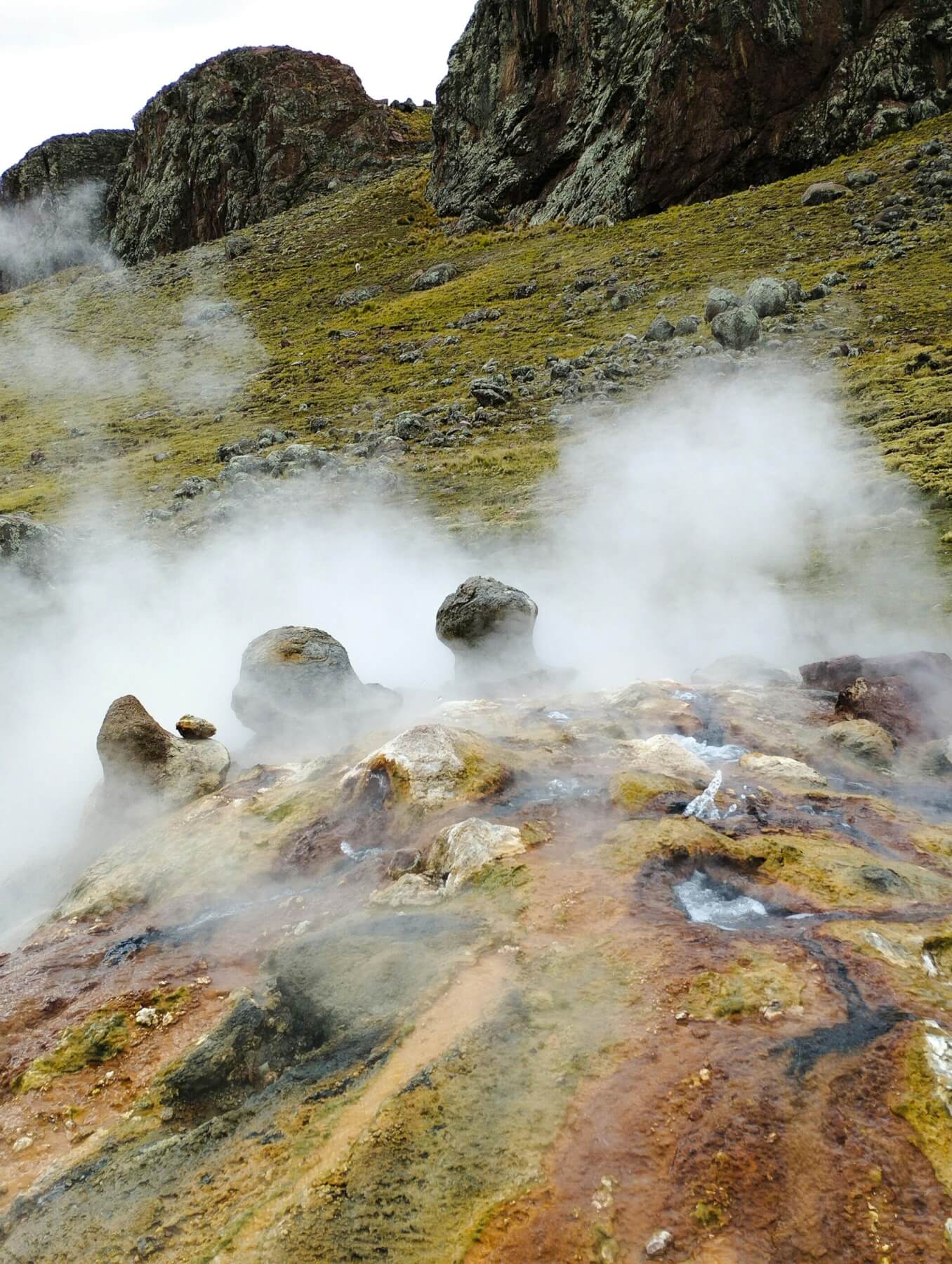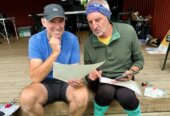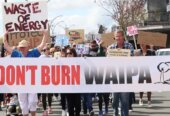As a scientist who studies the world we live in and how it impacts us, I deeply value the social sciences.

Janine Krippner
It is human involvement that turns a hazard into a disaster. When we have a large eruption, earthquake, storm, or tsunami, but it impacts no people, it is not a disaster. So if we change our behaviours, we can reduce the impacts of our natural hazards.
When it comes to behaviours and society, we need the experts who study them to guide us. We need social scientists to tell us how to effectively help communities.
During preparedness, response, and recovery stages we all have different needs depending on who we are and how we make our way through life. Children have different needs to healthy adults, to the elderly, disabled, or pregnant. We must consider different cultures and beliefs, financial means, coping skills, the diverse needs of farmers and businesses, and the stuff in life that make things harder. Humans are incredibly complex and just being one does not make us experts.

Volcanic gas on the ground. Anyela Málaga pexels.com
As an example, in volcanology an important tool for communicating volcanic hazards are hazard maps. We have been making these around the world for quite some time, showing what areas could be impacted by what processes (for example, lahar and pyroclastic flow). In more recent times, social scientists have worked with volcanologists to identify how people understand these maps and what information people need. If we are providing information that people are not using or do not understand, we as scientists need to do better.
We can strive to understand every aspect of how volcanoes work, but if we cannot use this knowledge to guide and assist communities that would be impacted by them what is the point? We must understand how people respond to our advice, such as the decision processes people work through when facing evacuations. They challenge our assumptions and help us to ask better questions.
Have you ever felt frustrated at how an event has been handled? This is where the social scientists come in. Social scientists help us anticipate community needs and what support is required so that disaster response is more effective. Living in a country with an array of weather and geological hazards we should all be able to appreciate that.
Understanding the human part of the equation is absolutely critical in making our communities more resilient to the natural hazards that we will face, and in helping us to recover faster when they strike. In financial terms, being more resilient and recovering faster means we spend much less money in the end. We need to spend the money first to help ourselves in the long run.
Historically the social sciences fields have got some flak for not being a “real science”, but this is incorrect and honestly a bit silly. When you are in a crisis, you need people to understand your specific needs and how you can best be helped. Why would we downplay the field of science that does just that? The field that strives to understand how our society works deserves our respect and our support, and they certainly have mine.








